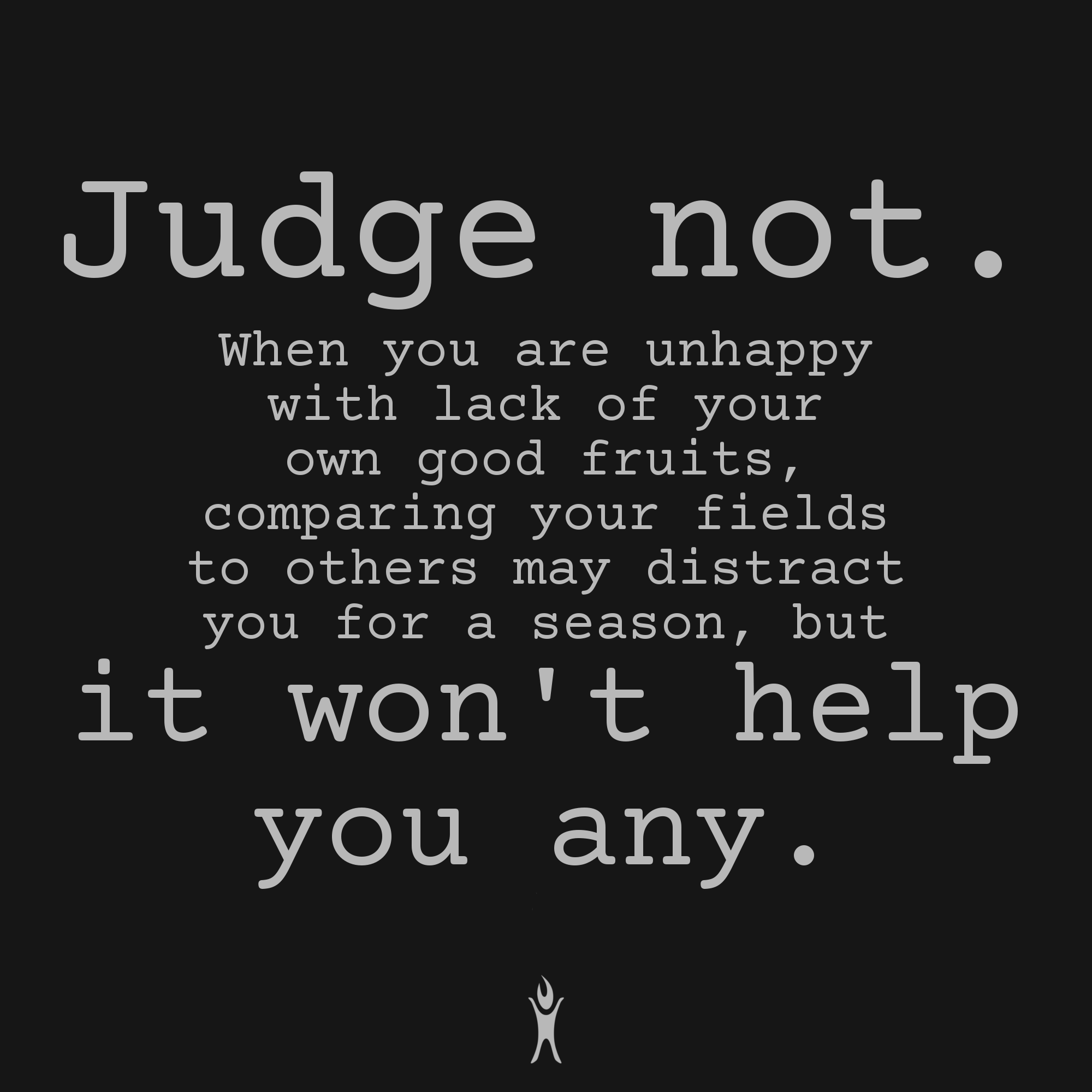Though the subtitle reads “Moral Motivation”, I do not consider myself any moral authority by any means. Morality is a topic society is hungry for. It would be a crime not to spread the news: Morals are good.
Note that the title is not “Moral Perfection”. I write these words to myself as much as to everyone else. As the words suggest, this work is both a motivation for morals and a set of moral-centered motivationals.
I was inspired by my many students and friends, as well as Oswald Chambers. I was introduced to his work when a kind of spiritual grandmother in my life gave me a copy as I went off to Moody. My Utmost for His Highest, the gold standard of Bible-based devotionals, was a collection of notes from Chambers’s widow; our loved ones often know our best values best. He died at 43 years old of a health condition. His first book, Biblical Psychology, was published five years before that. If he could address both Bible and culture at such a young age, I can too.
I write this at 37 years old. When I first wrote this Introduction, I had only finished the first read, drafted about eleven other candidate reads, and had a list of about 180 for other topics, at least 100 of them Bible Theology topics. Most of those are rants I have given to friends on more than one occasion. It seems, according to the fact that his wife took notes of what he would say at home, Oswald was a bit of a “ranter” like myself. What writer/teacher isn’t?
My father would also go on “wisdom rants”. He called them “little Walter thoughts”. Our family treasures them today. Toward the end of his life, he started to write them down, but most of what he said remains only in memory. I don’t want that for my own ideas for future generations. Although I have written political columns, Bible teachings of many kinds, fiction, and numerous other pieces in various genres, nothing I ever wrote before this really had “Jesse thoughts”. This does.
Oswald Chambers brought us all something special. His daily readings aren’t just “Bible study”. They were real, passionate, and natural from the moment. Those kinds of “household wisdom rants” have the strongest “didactic” teaching impact in childhood. Some of our best books are the ones we don’t know we write. Oswald remains unique in the devotional world.
The lesser among devotionals can often be with cliche, are quite dry, belong best under dust on a coffee table’s lower shelf, or were invaluable for readers from another time. Many good Bible devotionals are aimed at novice Bible readers who love Jesus and need elementary teaching to enrich their busy, hectic lives. There are many rich daily-Bible books, such as 365 Read-Aloud Bedtime Bible Stories, the “Uncle” Arthor Maxwell collections, and it goes without mention that Max Lucado and my dear friend, Joe Stowell, are generally awesome. But, all of these are heavily focused on traditional Bible-preaching topics.
What about the professional? What about the Christian who wants to minister through the marketplace or in government?
 Three hundred sixty-five positive, pithy, practical, heart-probing, moral-focused reads, three hundred sixty-five words each, ranging from topics of normal life smarts to Christian teaching, every read is built on a Bible-centered worldview and sometimes even says so.
Three hundred sixty-five positive, pithy, practical, heart-probing, moral-focused reads, three hundred sixty-five words each, ranging from topics of normal life smarts to Christian teaching, every read is built on a Bible-centered worldview and sometimes even says so.



